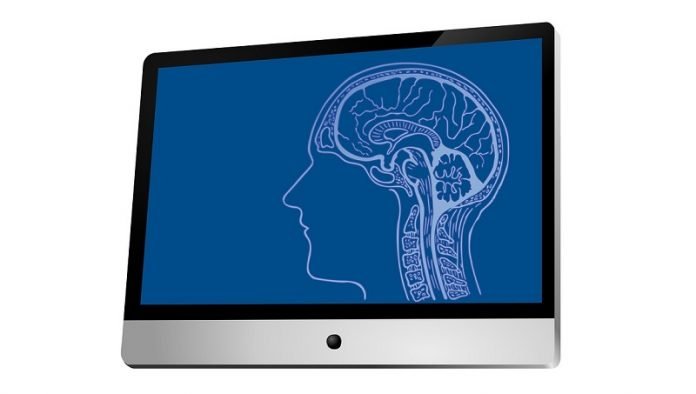
In a new study, researchers found brain activity could help predict the success of Cognitive Behavioral Therapy (CBT) in depression.
They found that brain activity recorded using functional magnetic resonance imaging (fMRI) may help predict response to CBT in depression before the treatment commences.
The advances could help patients receive the most appropriate treatment for depression in a timely manner.
The research was led by the University of Glasgow and published in Science Advances.
Depression affects more than 300 million people worldwide.
While CBT can be an effective treatment for depression it does not work for everyone, with only around 45% of patients benefitting from it.
Currently, it is not possible to tell in advance who is going to benefit from CBT and who is not.
Instead, doctors have to rely on a trial-and-error approach, which in turn increases the strain on the health care system and prevents some patients from getting an alternative treatment in a timely manner.
In the new study, the team examined patients with depression, who engaged with self-help internet-delivered CBT, the first line of recommended treatment in the UK for mild to moderate depression.
Before starting treatment, the participants performed a reinforcement learning task and their brain activity was recorded using fMRI.
The researchers then fitted mathematical models to the task behavior and used the best fitting model to analyze fMRI data.
They tested whether the brain activity of individual subjects could predict response to CBT.
They found that fMRI activity could predict CBT response at the individual level, with around 80% predictive power.
While this approach has the potential to enhance the predictive power of imaging biomarkers, it can also provide important insights into novel targets for depression drug development.
The lead author of the study is Dr. Filippo Queirazza from the University of Glasgow’s Institute of Neuroscience and Psychology.
The study is published in Science Advances.
Copyright © 2019 Knowridge Science Report. All rights reserved.



